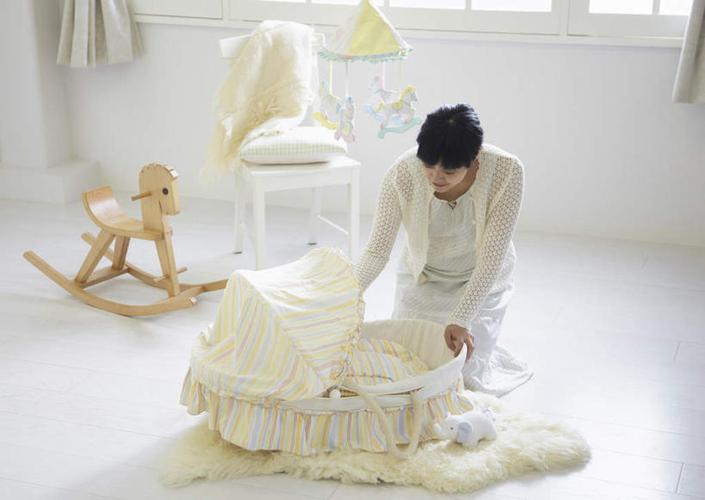It is usually normal for babies to spit up, and there is no need to worry excessively. The key is to observe the baby’s mental and physical condition after spitting up. If the baby appears lethargic, unusually drowsy, has mood swings, has trouble settling down, or shows signs of fever or abdominal bloating after spitting up, this may be a signal of a health issue, and medical attention should be sought promptly.
To reduce the amount of air the baby swallows and prevent spitting up and abdominal discomfort, it is critical to burp the baby after feeding. There are several burping positions to choose from:
Over-the-Shoulder: Place the baby face down on your shoulder, supporting the baby’s bottom with one hand while gently patting their back with the other hand. This is a method that most babies respond well to.
Face-Down on Lap: Let the baby lie face down across your bent legs, maintaining a position with the head elevated and feet lowered. Use one hand to secure the baby and the other to pat their back.
Sitting Burp: This is suitable for slightly older babies. Have them sit on your lap, supporting their chest or underarms with one hand to tilt their head slightly forward while gently patting their back with the other hand.
To prevent the baby from burping, pay attention to the following two points:
Avoid feeding the baby only when they are extremely hungry.
Do not let the baby cry or laugh excessively before or after feeding to prevent them from swallowing too much air, which can cause bloating and burping.
Through these careful nursing measures, we can effectively reduce the occurrence of spitting up and burping in babies.


